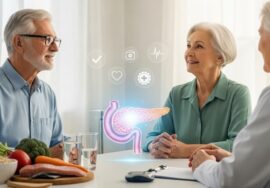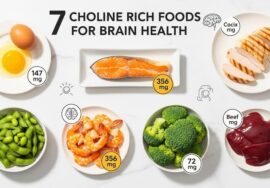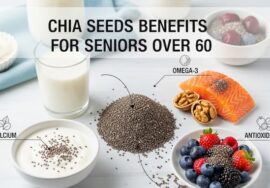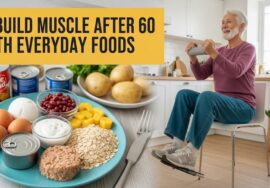A Closer Look at the World’s Favorite Stimulant—Myth vs. Reality
We sip it in the morning. We lean on it during long meetings. Some people can’t imagine a day without it. But is caffeine just a helpful pick-me-up—or could it actually qualify as a “miracle drug”?
Let’s break this down for everyday readers in the U.S., with practical insights and lesser-known facts that most blogs skip.
Table of Contents
- What Is Caffeine, Anyway?
- What Makes People Call It a “Miracle”?
- But… There’s a Flip Side
- How Does Caffeine Help the Brain?
- Natural vs. Synthetic Caffeine: Does It Matter?
- Frequently Asked
- So… Is It a Miracle Drug?
☕ What Is Caffeine, Anyway?
Caffeine is a natural stimulant found in coffee beans, tea leaves, cacao, and even some herbs. Once it enters your system, it heads straight for your central nervous system, where it blocks a chemical called adenosine—which normally makes you feel tired.
By blocking that signal, caffeine makes you feel more awake, alert, and focused.
🚀 What Makes People Call It a “Miracle”?
Many folks say caffeine is life-changing—not because it cures disease, but because it improves mental energy, alertness, and performance. For people with brain fog, fatigue, or mood dips, caffeine offers a noticeable boost.
Here’s What Caffeine Might Improve:
- Short-term focus – It helps you concentrate longer on tasks
- Mood and motivation – Some users report better drive or fewer low-energy slumps
- Reaction time – Athletes and drivers often see small performance gains
- Exercise endurance – Caffeine helps delay physical fatigue
⚠️ But… There’s a Flip Side
Caffeine isn’t magic. While it might feel like a miracle some days, the effects are temporary, and there are real downsides to overuse.
Too much caffeine may cause:
- Jitters or anxiety – Especially for sensitive people or on an empty stomach
- Insomnia – Drinking caffeine too late can affect your sleep cycle
- Digestive upset – Coffee, in particular, may irritate the stomach lining
- Tolerance buildup – Over time, the same amount of caffeine might stop working
That’s why experts suggest limiting caffeine to under 400mg per day—roughly 3–4 small cups of coffee.
🧠 How Does Caffeine Help the Brain?
Caffeine not only blocks tiredness—it also boosts dopamine activity, which can make you feel better temporarily. That’s why some people report mild euphoria after their first cup.
It’s also been studied for its effects on brain aging, with some research linking regular moderate intake to lower risk of cognitive decline.
🔄 Natural vs. Synthetic Caffeine: Does It Matter?
There’s caffeine from coffee beans, and then there’s the kind added to sodas and energy drinks. Chemically, they’re the same—but your body might not react the same way.
Natural sources (like coffee or green tea) come with other compounds—antioxidants, polyphenols, etc.—that soften the impact. Synthetic caffeine, especially in energy drinks, hits faster and harder, which can lead to crashes.
🟨 Frequently Asked Questions
Is caffeine actually good for you?
In small amounts, yes. It may support mental clarity, physical endurance, and even mood—but too much can backfire.
Is caffeine addictive?
It’s not addictive like drugs, but regular use can lead to dependency. Quitting suddenly can cause withdrawal symptoms like headaches and fatigue.
Does caffeine help with depression?
Some people report mood improvements after coffee. It’s not a treatment, but it may temporarily lift energy and motivation levels.
Can caffeine help ADHD?
In small amounts, caffeine might aid focus in people with attention issues, but it’s not a replacement for proper medical treatment.
Should I take caffeine before workouts?
Yes—many athletes use it for endurance and performance. Just don’t overdo it or rely on it as a crutch.
✅ So… Is It a Miracle Drug?
Caffeine isn’t a miracle in the strictest sense. It doesn’t cure diseases or fix chronic fatigue. But for millions of people, it’s a safe, accessible way to feel sharper, more energized, and more engaged with life—especially when used wisely.
Call it what you want: a boost, a brain helper, or just a really good cup of coffee. Just don’t overuse it—and don’t expect it to solve problems it can’t.








